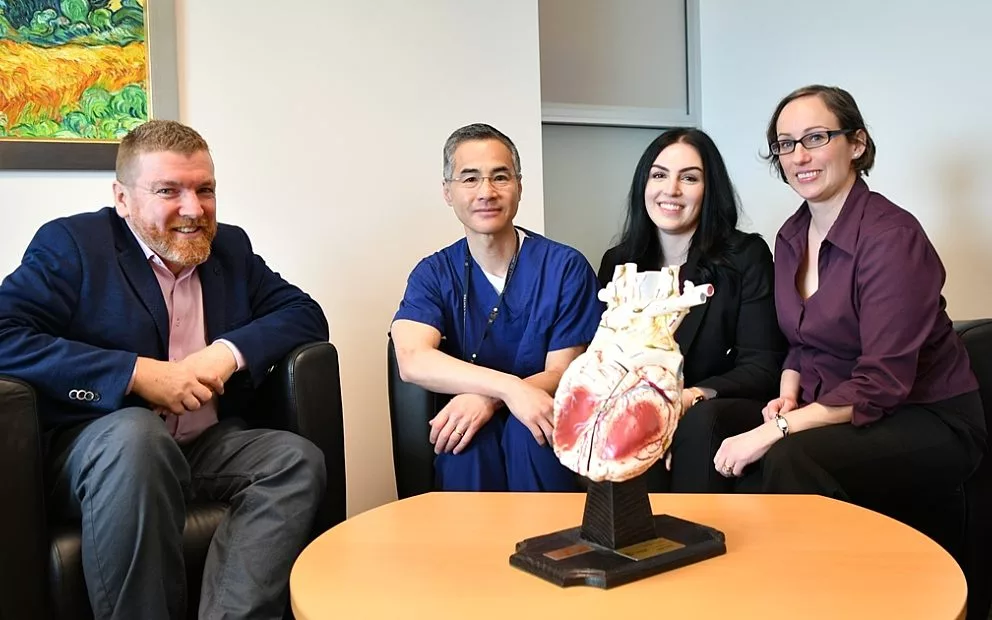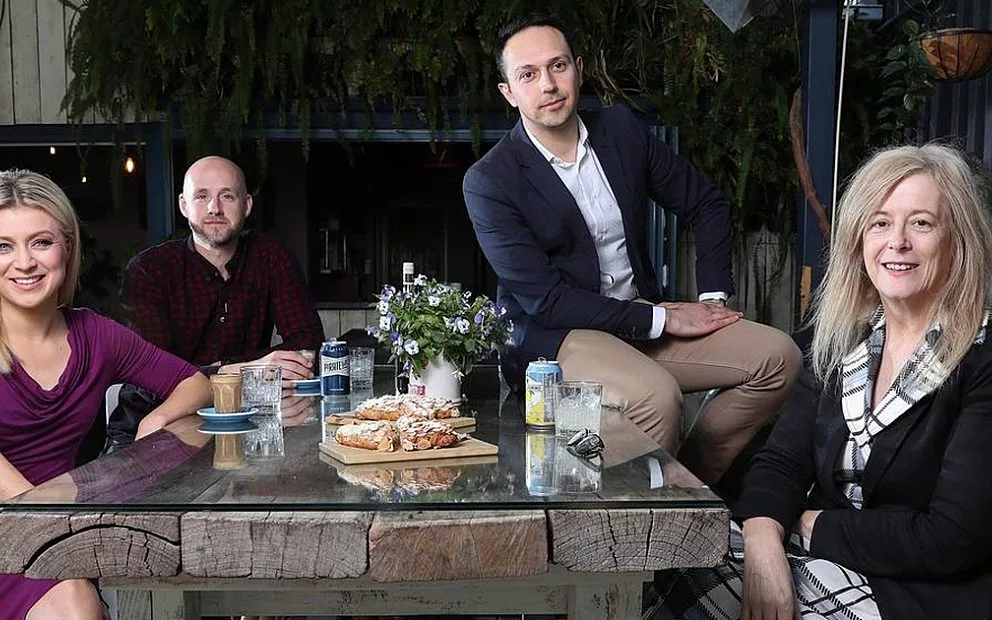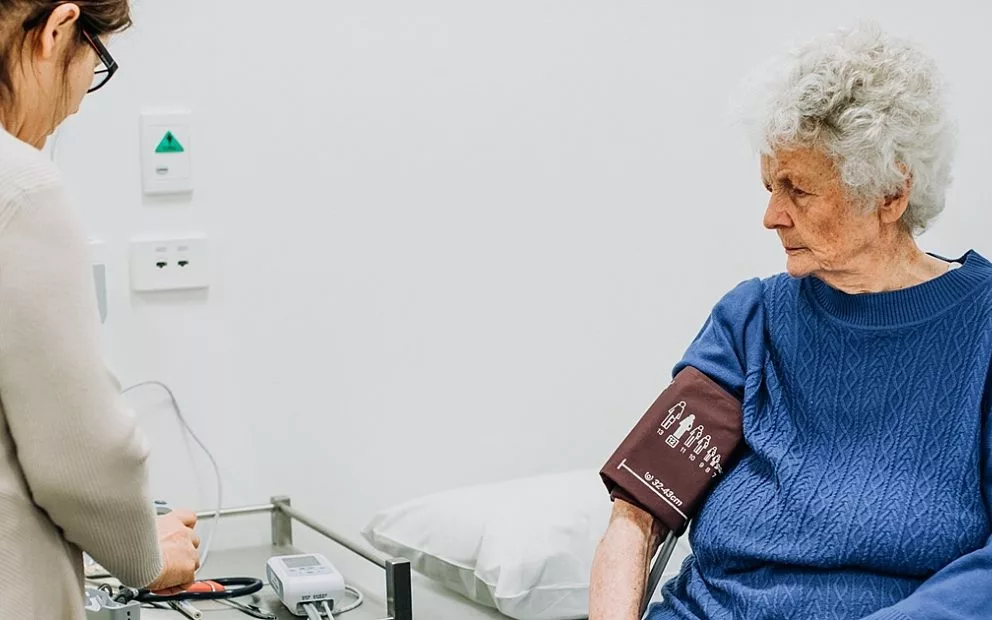A world-first randomised trial that was embedded in practice at Adelaide’s public hospital emergency departments has delivered shorter wait times and lower hospital admissions while maintaining health outcomes for patients.
The RAPID-TnT trial was led by SAHMRI and Flinders University Professor of Cardiology Derek Chew. He says the key component was significantly reducing the time between blood tests for anyone with presented to EDs with chest pain.
“By testing someone’s blood for a protein called troponin T we can see whether they are having a heart attack,” Professor Chew said.
“Current guidelines dictate EDs do these blood tests as soon as a patient arrives and then again three hours later to compare their protein levels. The RAPID-TnT trial investigated whether performing the follow-up test after one hour could be just as, or even more, effective.”
More than 3000 patients with chest pain were involved in the study at the Royal Adelaide, Queen Elizabeth, Flinders and Noarlunga Hospitals. On presentation they were randomly allocated to a zero-and-three-hour testing group or a zero-and-one-hour testing group.
Patients in the one-hour follow-up group on average spent one hour less in the emergency room and were significantly less likely to be admitted to hospital (33.2% compared to 45.5%).
“Currently there are around 30,000 hospitalisations for chest pain each year in South Australia, so that represents a large number of people not unnecessarily taking up a hospital bed,” Professor Chew said.
“We continued to monitor both groups of patients and, over the next 30 days, there was no difference in the ongoing health between the two groups.
“We’ve shown the one-hour follow-up protocol is safe for patients. The benefits for the system as a whole are reducing crowding in emergency departments and reducing unnecessary hospital admissions”
South Australia’s Health and Wellbeing Minister Stephen Wade says this is "exciting research which shows our health services are services which learn and encourage learning.”
“It demonstrates how our home grown research can drive better outcomes for patients, with the potential for dramatically cutting wait time in our Emergency Departments,” Mr Wade says.
“Yet again South Australia is leading the world in best practice in medicine. This could be a game changer for heart attack patients.”
Professor Chew wants the one-hour protocol used as standard clinical practice across the health system. He believes wait times and admissions can be reduced even further by developing an artificial intelligence program to support doctors’ decisions.
“Understandably, doctors err on the side of caution when it comes to the health of their patients,” he said.
“Doctors would get a great deal of confidence from an electronic system which can accurately estimate the risk of heart attack with help from a vast database of blood test results which are measured against future health outcomes.”
Results of the trial were published in Circulation and presented by Professor Chew to the European Society of Cardiology Congress in Paris.
Image
Professor Derek Chew, centre, with members of the Flinders University RAPID-TnT Cardiology, Health Systems Research project team: Senior Data Management Specialist Matthew Horsfall, left, SA Health RAPID Senior Project Manager Kristina Lambrakis and Manager, Multi-centre Clinical Trial Management Specialist Dr Erin Morton, right.




